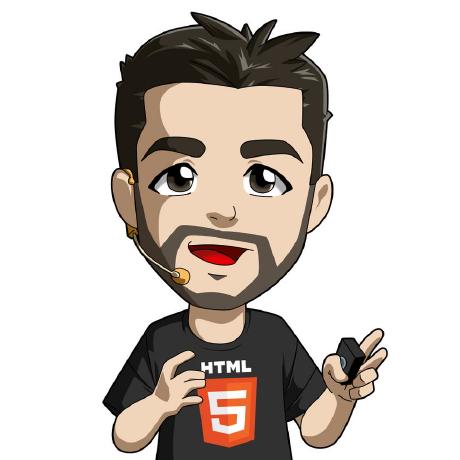Today, I write this article motivated by a new community initiative that we are starting and still doesn’t have a name. It is mainly aimed at people with experience or the intention to create technical communities, with the purpose of helping to create healthier, more attractive, useful, and sustainable communities.
In this context, I find myself needing to define what a technical community is, at least for me.
An ambiguous term
To begin with, I hope everyone agrees with me that the term community not only has many meanings and synonyms, but it has been used to refer to many things, sometimes more accurately and sometimes less so, making it very ambiguous.
For example, when we talk about a community, we could be referring to a multitude of things (at least in Spanish):
- A collective
- A guild
- A group (e.g., mutual aid group, group of users/customers, ...)
- A club (e.g., book discussion club, fan club
- A tribe
- A gang
- A sect, clan, or The Fellowship of the Ring 💍😂
- ...
In the tech world, the term has been used, and we could even say... abused or misused to the point where some of us feel that the romantic meaning of the word has been distorted.
Here are some illustrative examples in different contexts:
- The community of a technology
(e.g., Python community, Java community, Android community, …) - The community of a platform
(e.g., GitHub community, Twitch community, Reddit community, Stack Overflow, Meetup…) - The external community of a brand or organization
(e.g., GDG community, GDE, Microsoft, Mozilla, Wikipedia, OSM, CodelyTV...) - The internal community (of employees) of a brand or organization
(e.g., SNGULAR, Izertis Community, Adevinta, ...) - The community of an influencer
(e.g., Midudev, mouredev, ...) - The community of a movement, practice, or methodology
(e.g., Open source community, Agile community, ...) - The community of an event/conference
(e.g., Codemotion, ...) - The community of a field or guild
(e.g., Frontend, Backend, DevOps, ...) - ...
This often leads to debates about what we generally mean by community in the tech world.
Keep in mind that language evolves over time, and the use of words is closely linked to the context in which they are expressed. To dig a bit more into this, I’ve decided to start a series of articles on the History of technical communities (in Spain).
My definition
Here’s what I understand by technical community, in the most traditional/romantic sense, heavily influenced by my own life experience, and clearly biased:
It is a group of people who:
- Emerge from their own initiative (grassroots movement).
- Share an interest in technology (software or hardware), for example: programming languages, methodologies, cybersecurity, data, or robotics.
- Are governed by a set of norms or rules, whether implicit or explicit (like a code of conduct, decalogue, nettiquete, ...) and defined by the community itself.
- Have a purpose or goal more focused on professional or personal development rather than pure entertainment.
Where all these people, both promoters and other participants, voluntarily decide to invest part of their free time (out of intrinsic motivation), and sometimes money, to interact regularly with each other. Sometimes without expecting anything more than the satisfaction of helping others, sharing knowledge, sharing experiences, learning from others, collaborating on projects, and ultimately enjoying with like-minded people their passion for technology in their free time.
Always altruistically, and even seeking the good of others at their own expense, often leading to the formation of strong bonds.
If I had to name some communities that I think would fit quite well, they would be:
That said, I must say that:
- This definition probably does not apply to more than 90% of the communities that exist today.
- Nor does it mean I do not appreciate or admire other types of communities.
The controversy
The other day, thinking about some classic debates where people from the same generation discussed whether “X” was a community or not, I remembered when my father used to tell me: “what you’re listening to isn’t music, it’s noise!” Does that sound familiar? Personally, I think it’s natural that as we get older, we hang on to our memories and nostalgia for something, and it’s hard for us to accept that things change and evolve into something that we may or may not like.
And more often than I’d like, I find myself in similar debates: is an online community a real community? Is the community of a company a community? Is the community of X a community?, ...
What really matters
But I wonder, how important is the label we put on it?
My opinion is quite firm on this. I say that, as always, the most important thing is to seek what unites us and not what separates us. We are already in a sufficiently divided, confrontational, and polarized society, to add more fuel to the fire over things that, in my opinion... are trivialities.
Just like people, communities are diverse; you may like them more or less, and everyone will judge which people and communities they like better, seem healthier, or toxic, but in any case, what I say is... let’s try to empathize, always act with respect, sincerity, honesty, and as far as possible... collaborate.
In my opinion, this is the antidote to most problems.
And you, what do you think?
